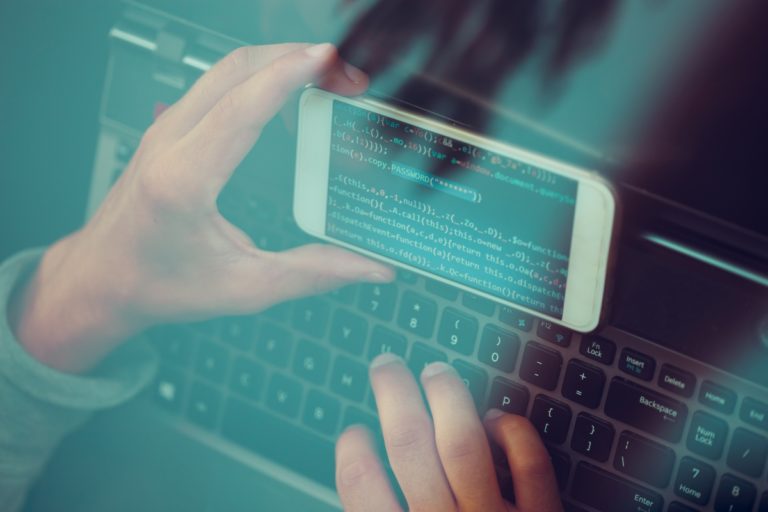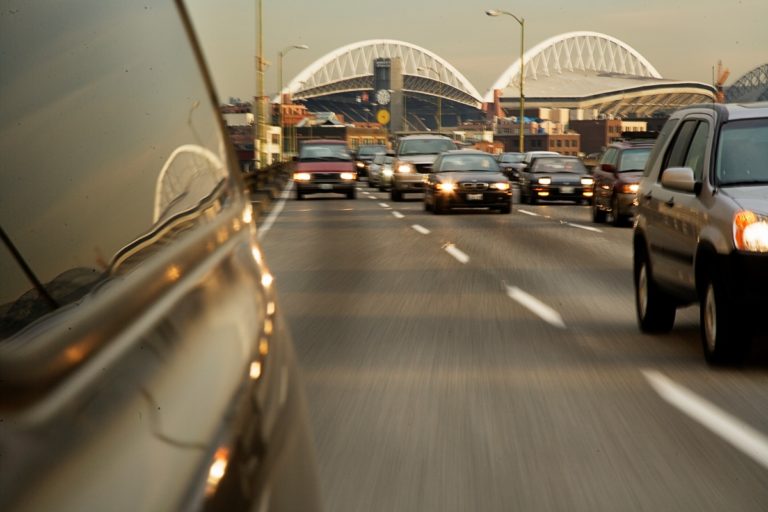Back in 2012, a ballot question in Massachusetts was slated to require auto manufacturers to provide vehicle owners and independent repair facilities access to all vehicle diagnostic and repair information.
Prior to the election, automakers and independent repair shops came together on a mutually agreed upon solution for how to best service vehicles in the Commonwealth. This compromise was passed into law by the legislature before the election, but it was too late for the question to be pulled from the ballot.
Problem solved, right? Not quite.
Part of the deal between automakers and independent repairers was that both groups would stand-down on the ballot question, and neither side would campaign for or against it. The national repair chains broke this agreement by supporting the ballot language with a huge ad spend in the final weeks of the election. The carmakers stuck to their side of the agreement and did not campaign against the ballot. Unsurprisingly, the uncontested ballot question received high approval numbers.
The result of this double cross by the repair chains was that the legislature then had to reconcile the compromise agreement passed into law over the summer with the ballot language, resulting in a new law passing in 2013.
This reconciled Massachusetts law – not the ballot question language – became the basis for a national memorandum of understanding (MOU) between the automakers, Auto Care Association, and Coalition for Auto Repair Equality (CARE) in 2014. That MOU guarantees that independent repair facilities across the country have access to diagnostic and repair information.
Fast forward to 2019 and the previous ballot question is now being used as a false cover to gain unnecessary access to personal driving data. Entrenched Beacon Hill lobbyists have put forth legislation that will grant countless companies and individuals real-time access to your data. Additionally, they submitted language to put this data-grab proposal on the upcoming ballot in 2020.
The proposed ballot question and legislation have been put forward under the guise of “updating” the existing law to “close a loophole” relating to telematic data. However, the existing law already contemplated and addressed this data (see section 2(f) for reference). The law and the national MOU state that any data necessary for diagnostics and repair and provided to dealers must also be shared with independent shops.
So, what is this proposal really about?
Well, it’s about all the other data that has nothing to do with diagnosing or repairing your vehicle.
This proposal isn’t about who can fix your car; this is about how many companies and people have remote access to your driving habits, patterns, and location in real-time. Access to data is a threat to the consumer privacy and cybersecurity of Massachusetts drivers. It risks making personal data readily available to strangers and creates no safeguards for how third parties store and protect your information.
You already decide who can access your driving data. This ballot question allows more companies and individuals to monitor you while you are driving, and when you stop, from wherever they are. It also means your data can be broadcast and shared remotely – and sold to the highest bidder – including to hackers and strangers with devious motives.
There have been numerous stories and reports over the past year that highlight the dangers of having real-time, remote access to vehicle data – including the ability to stop a car in its path.
Given the world we live in now, we should be finding ways to keep personal information safe, not exposing it to added risk. This is not “Right to Repair 2.0,” but rather a serious threat to consumer privacy that poses significant personal safety risks.




